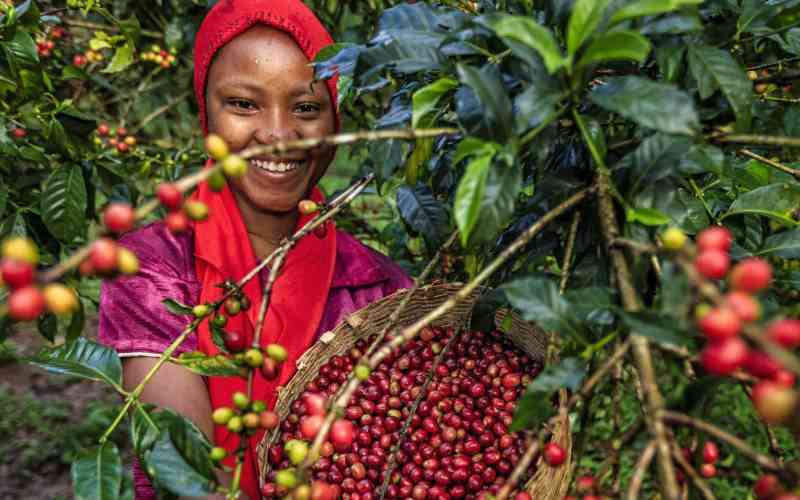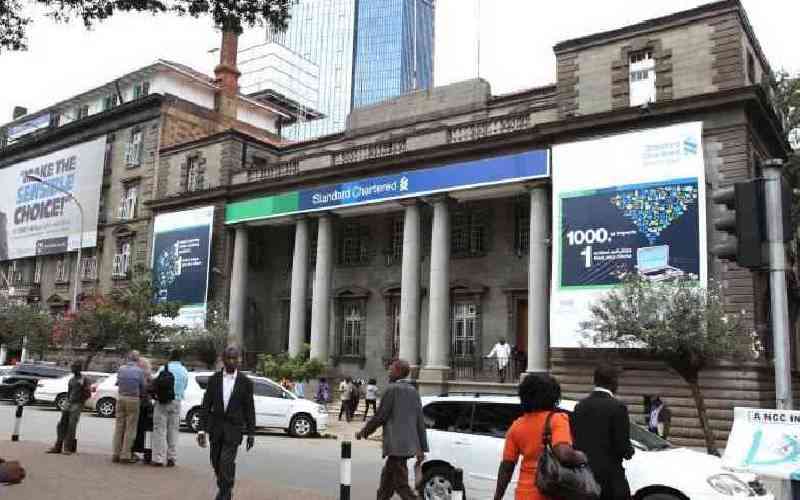
Kenya has intensified its efforts to comply with the European Union Deforestation Regulation (EUDR), a new law requiring all agricultural exports to the EU to be free from deforestation-linked production.
The country faces a firm deadline of 30 December 2025 to ensure full traceability of key commodities, including coffee, to land not deforested after 31 December 2020.
The EUDR, originally set to take effect in December 2024 but extended by a year, applies to commodities such as coffee, cocoa, soy, beef, palm oil, rubber, and wood.
Its goal is to prevent products associated with deforestation and forest degradation from entering the EU market.
In response, Kenya’s Ministry of Agriculture and Livestock Development, through the Agriculture and Food Authority (AFA), has initiated a nationwide mapping of coffee-growing areas.
"To date, about 30% of the country’s coffee farms, covering 32,688 hectares in 16 of the 33 coffee-producing counties, have been geo-mapped using satellite imagery," The Director General of AFA Dr. Bruno Linyiru stated.
Kenya’s total coffee area spans approximately 109,384 hectares.
The exercise is being overseen by the EUDR Data Committee, which includes the State Department for Agriculture, State Department for Cooperatives, Kenya Forest Service, Kenya Space Agency, Directorate of Resource Surveys and Remote Sensing, and the Kenya Agricultural and Livestock Research Organization.
The mapping of the remaining farms is scheduled to be completed within two months.
Coffee is a major export crop for Kenya, with 95% of production shipped overseas, 55% of which goes to the EU, primarily to Belgium, Germany, Sweden, and Finland.
Over the last five years, Kenya exported 122,699 metric tonnes of clean coffee to the EU, earning approximately Sh90 billion. Smallholder farmers produce about 70% of the country’s coffee, sustaining livelihoods in 33 rural counties.
“The mapping initiative is critical not only to meet regulatory deadlines but also to secure market access and protect the livelihoods of thousands of Kenyan farmers,” Dr. Bruno added.



